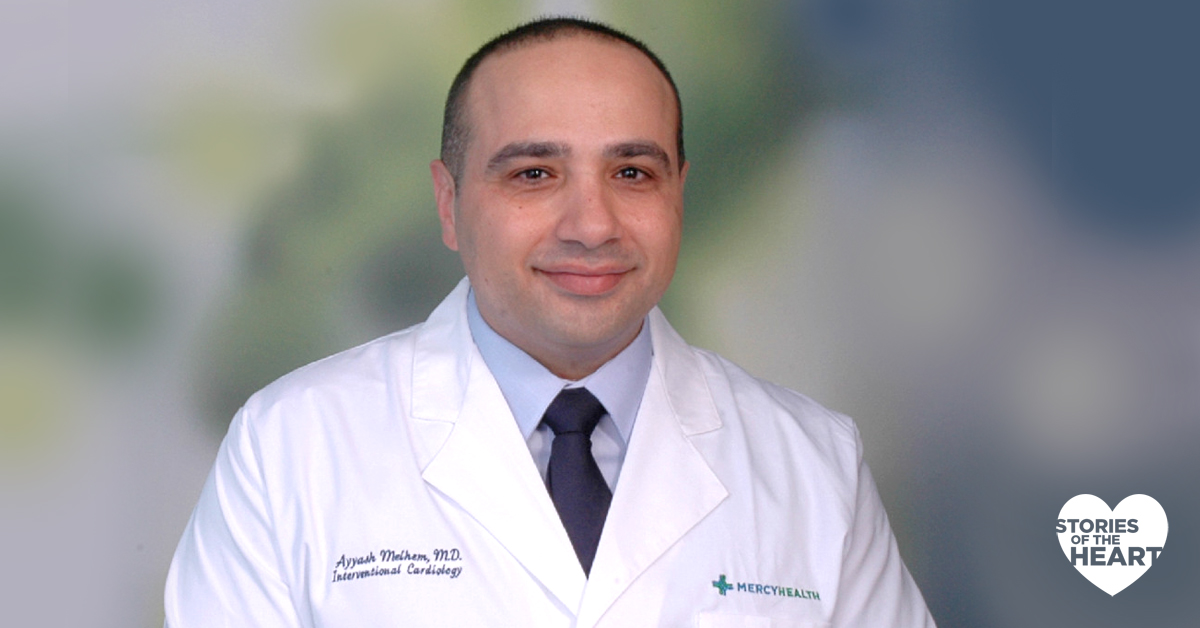Tips for adults living with CHD
The number of adults with congenital heart disease (CHD) is growing, according to the American Heart Association. Congenital heart disease occurs when a heart defect is present at birth. Fortunately, improved medical and surgical treatments have helped babies born with heart or blood vessel problems live into adulthood.
If you or an adult you know is living with CHD, these tips may help improve quality of life.
Exercise and CHD
Did you avoid exercise as a child with CHD? You might be nervous to exercise as an adult. Before starting a fitness program, ask your cardiologist about an exercise test. This test for CHD patients lets you know how much you can safely exercise, according to the Adult Congenital Heart Association (ACHA).
Travel and CHD
Travel can be stressful if you have CHD. Take these steps for your health and comfort.
- Pack lightly and use rolling luggage
- Walk or move your feet every couple of hours
- Know the locations of hospitals on your travel route
- Bring a bottle or two of water with you and stay hydrated
- Carry extra medication and protect stents and pacemakers
It’s always a good idea to bring along a list of your medications and a letter from your doctor about your condition.
Dental care and CHD
Take precautions before having dental care as an adult with CHD. Bacteria can enter your bloodstream through your gums. If these bacteria do get into your bloodstream, you can get infections that affect the inner lining of your heart. Keep your mouth clean and healthy between dental visits. The health of your heart can benefit from following these guidelines:
- Brush twice a day or more
- Floss at least once a day, preferably more
- Replace your toothbrush every three months
- Make an appointment to see your dentist twice a year
Some CHD patients should take antibiotics to prevent infections before going to the dentist or having other procedures that cause bleeding. If your gums bleed often, tell your dentist. Ask about antibiotics.
Pregnancy and CHD
If you have congenital heart defects, plan your pregnancy with your medical team to reduce risks to your heart. Most women with CHD go on to have successful pregnancies, according to the ACHA. Every woman is different. Talk to your doctor about the risks of taking birth control, getting pregnant and giving birth. You’ll need to know which medications to take when you’re pregnant.
Hypertension and CHD
Healthy blood pressure is important if you have CHD. A CHD patient may experience pulmonary hypertension (PH). This means your blood pressure may be higher in your lungs. Many heart problems cause PH. If your CHD is causing the problem, it can probably be fixed with medication, surgery or another effective treatment.
Mental health and CHD
If you were born with CHD, blood from your heart may not have always reached your brain to help it grow fast. As a result, you may have had learning disabilities or mental health issues as a child. You may have similar concerns now that you’re an adult. Depression is common in adults with CHD, according to the ACHA. Contact your doctor for treatment right away.
Living with CHD means you’ll have medical challenges and questions when you’re an adult. If you need support, guidance or treatment for your CHD, call 513-952-5000 today to make an appointment with a primary care physician or specialist.






